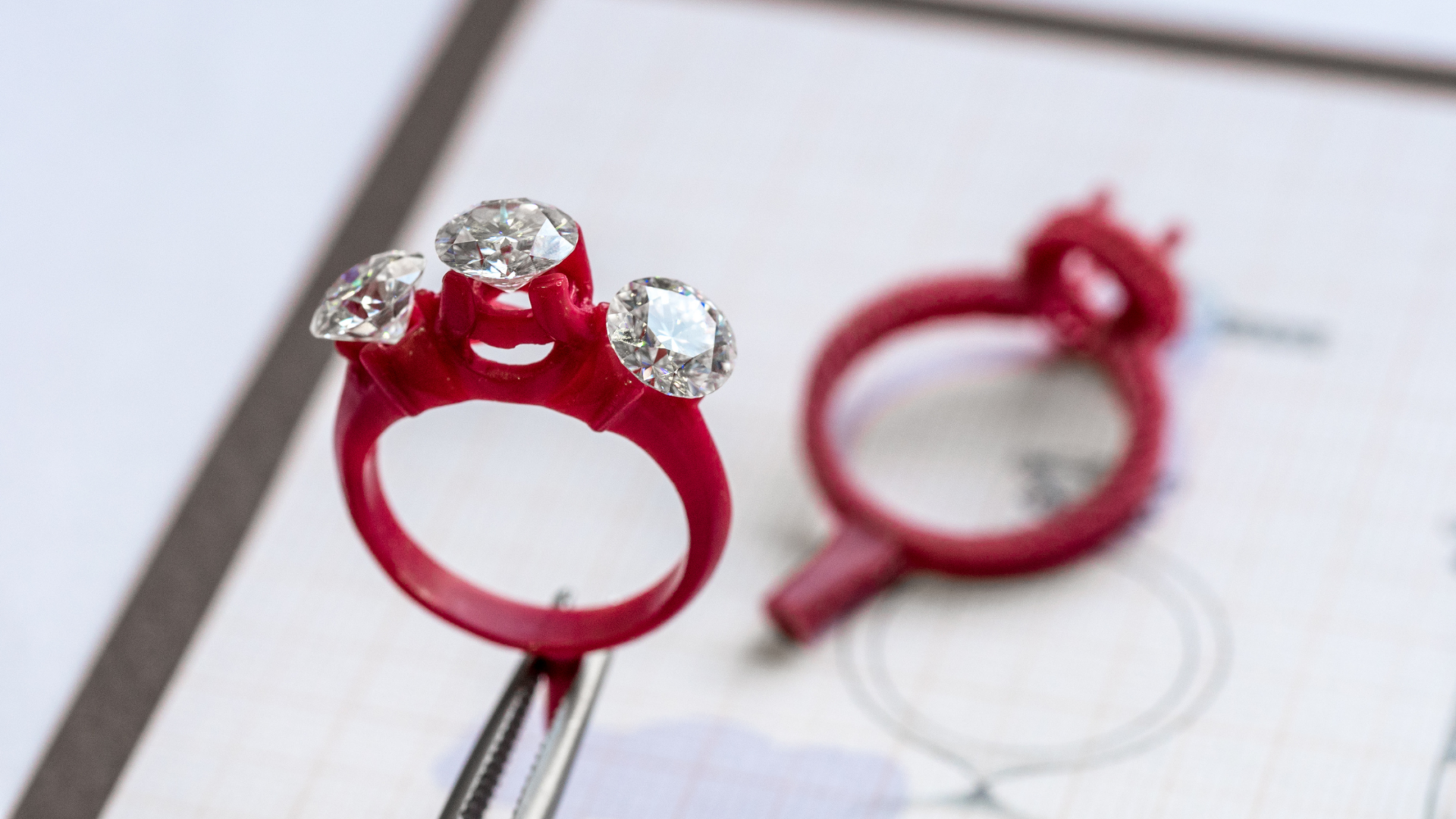Maya Moonstone
Shiny_Rock
- Joined
- Apr 7, 2005
- Messages
- 212
Hi
We are looking to upgrade my engagement ring during the next 6 to 8 months. A recent thread on this forum with regards to diamond/jewelry purchases in China made me think...

Is the price of diamonds in general "fixed" no matter what the exchange rate in the country is compared to the US dollar? That is given it is the same quality diamond and the retail mark-up is the same.
We will have the opportunity within the next year to visit South Africa, where the exchange rate is $1=SAR 6. On our way to South Africa, we will be connecting in Europe. Since we also live in Seattle and are relatively close to Vancouver Canada, we can easily buy in Canada as well. Four different countries, four opportunities, but are all things equal no matter where you are?
What is your opinion?
Maya
We are looking to upgrade my engagement ring during the next 6 to 8 months. A recent thread on this forum with regards to diamond/jewelry purchases in China made me think...

Is the price of diamonds in general "fixed" no matter what the exchange rate in the country is compared to the US dollar? That is given it is the same quality diamond and the retail mark-up is the same.
We will have the opportunity within the next year to visit South Africa, where the exchange rate is $1=SAR 6. On our way to South Africa, we will be connecting in Europe. Since we also live in Seattle and are relatively close to Vancouver Canada, we can easily buy in Canada as well. Four different countries, four opportunities, but are all things equal no matter where you are?
What is your opinion?
Maya




300x240.png)